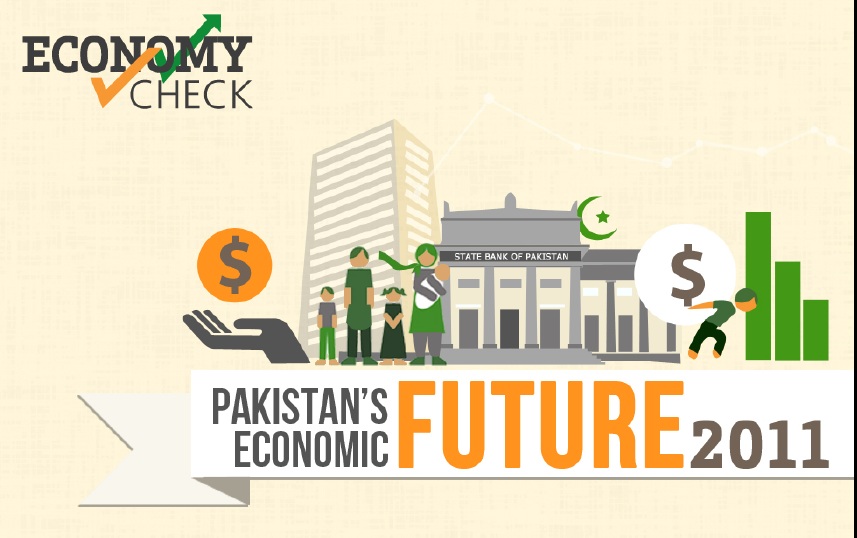Round Table
“Economy Check: An Assessment of Pakistan’s Economic Needs and Realities”
Date: June 9, 2011
ISLAMABAD: 9th June 2011, Jinnah Institute organized a seminar on Pakistan’s economic needs and realities where senior politicians and media people discussed the grave challenges faced by the Pakistani economy. Participants agreed that Pakistan needs to overhaul its taxation regime and the rich need to contribute their fair share to the economy. The burden of running Pakistan cannot be on its 3 million registered tax payers and few corporate entities.
Sherry Rehman, President of the Jinnah Institute noted that Pakistan’s economy was in dire straits due to a combination of internal and external shocks. She highlighted that Pakistan is still reeling from the effects of the floods that devastated large parts of rural Pakistan in 2010 and the backlash from the war on terror that has cost Pakistan $68 Billion in the last ten years. She also stressed the need for politicians to declare how much tax they pay and lead by example. She also noted the need for creating more awareness in the media and citizens about the state of the economy so that citizens can exercise their democratic right and conduct oversight of government expenditures.
Farooq Sattar, MNA (MQM) also stressed the need for increasing the tax base and consider taxing agricultural income while lowering taxes on the corporate sector to encourage more investment in Pakistan. He also said that all political parties need to come together to develop and economic charter for the country.
Nayyar Bokhari, the leader of the house in the senate said that strict action must be taken against tax evaders.
Shahnaz Wazir Ali, MNA (PPP) said that Pakistan needs to continue supporting the social sector but needs to hold the sector more accountable for funds injected into it. She suggested including performance based financing for the social sector to make it more efficient.
Shahid Khaqan Abbasi, MNA (PML-N) said Pakistan needs to leverage its geographical position and can generate revenue by becoming a trade hub. He also suggested that we need to privatize public owned enterprises in a bid to make them more efficient. He suggested that radical changes and out of the box thinking were required to revive the Pakistani economy.
Deputy Chairman Planning Commission, Nadeem-ul-Haque, said that we need to focus on how to generate growth and jobs for people. He mentioned that, “Pakistan needs to grow at 8% a year in order to accommodate the young people that are going to enter the labor force and this is a tall order.” Such growth will only be possible by putting seasoned professionals in charge of various sectors of the economy instead of political favorites or generalist bureaucrats. He also said, Pakistan needs to focus on encouraging entrepreneurship as that is the key to generating growth and new businesses in the country.

